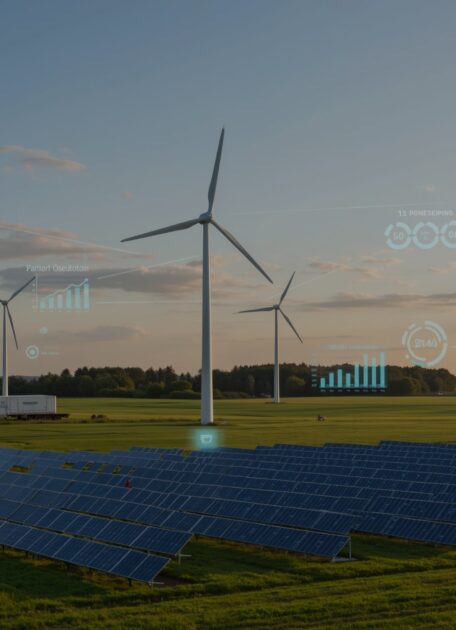The energy industry’s key challenges
Hydrocarbon extraction & refining
The hydrocarbon sector is under pressure to adapt to rapidly changing market demands, stringent regulatory pressures, and evolving energy standards. Companies face the complex task of maintaining traditional energy production while preparing for future needs — balancing operational flexibility, regulatory compliance, and sustainability goals. Aging infrastructure, from pipelines to refineries, presents additional financial, operational, and logistical hurdles. Strategic procurement supports these efforts by sourcing innovative solutions, managing specialized supplier networks, and ensuring compliance with evolving energy standards, helping companies stay resilient, competitive, and future-ready.
Renewables
As the renewables sector rapidly expands to meet global decarbonization targets, it faces significant challenges in maintaining reliable energy flow, economic stability, and scalable operations. Intermittent power generation from novel sources like wind energy and solar require advanced energy storage and modernized grid infrastructure, while reliable backup sources, such as hydropower or natural gas, are needed to bridge gaps during low-output periods. Additionally, evolving policy frameworks, dynamic regulatory changes, and shifting market conditions add complexity, impacting project timelines, budgets, and delivery. Strategic procurement supports this balance by securing scalable storage technologies, fostering resilient supplier partnerships, and navigating compliance and ESG requirements. Procurement ensures renewable projects remain resilient, efficient and adaptable to future demands.
Energy networks and transition
As renewable energy sources grow and demand for electricity continues to rise, transmission and distribution networks are under mounting pressure to expand capacity and modernize infrastructure. Grid operators must integrate renewable energy sources and decentralized power generation, which requires advanced grid balancing mechanisms to maintain stability and efficiency across the grid. Additionally, rapid advancements in grid automation technologies and energy storage solutions introduce supply chain complexities, as many new technologies lack full industrial scalability. Strategic procurement plays a vital role in sourcing smart grid technologies, securing reliable control systems, and mitigating supply chain risks to ensure that grid infrastructure upgrades are both resilient and adaptable to future energy demands.
For a deeper dive into how procurement can address these challenges and drive success, explore our insights article on meeting the energy industry’s challenges with strategic procurement. Learn more









